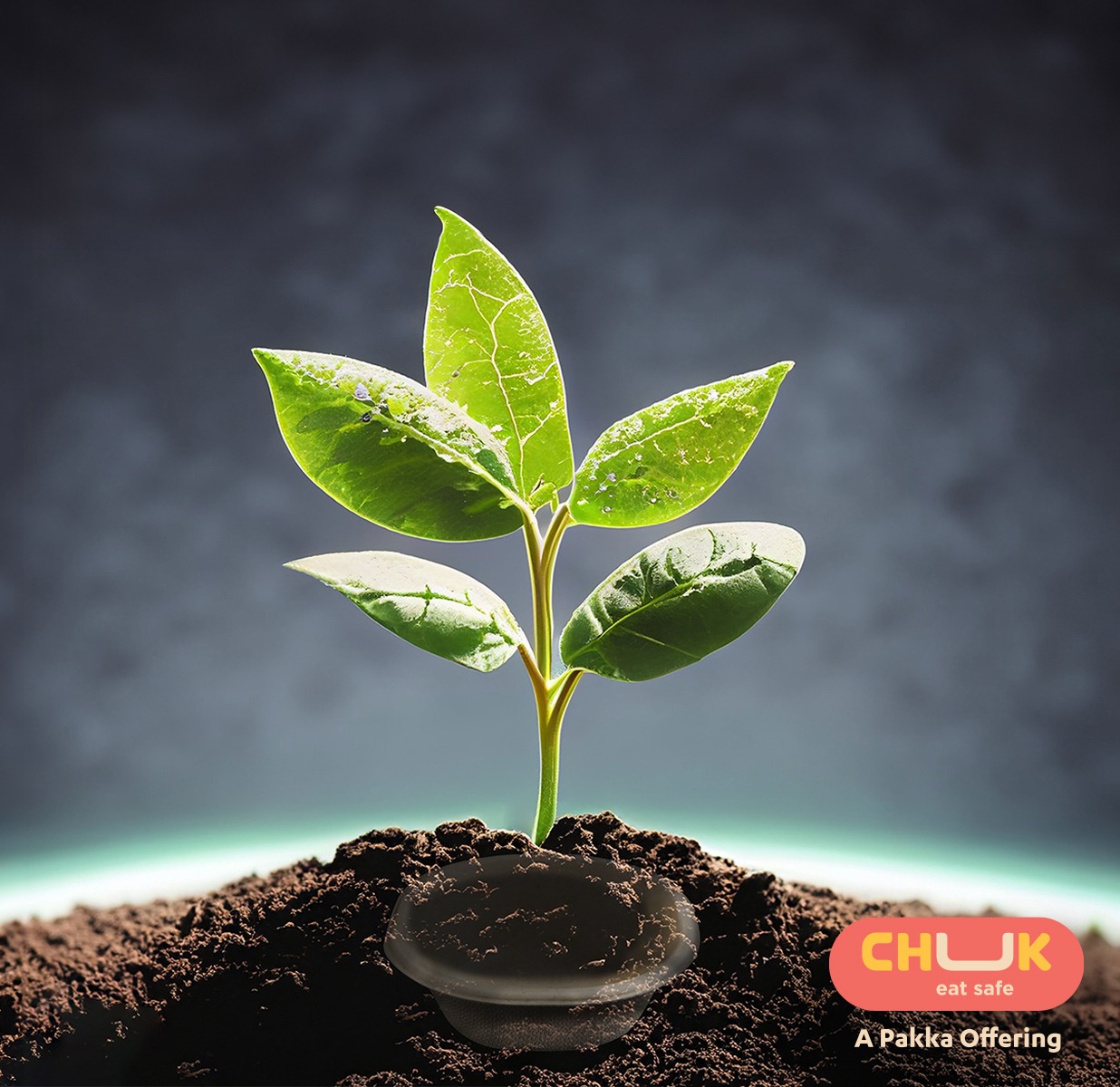Hey there, ready to dive into the nitty-gritty of waste management?
In a world where waste seems to pile up faster than the latest TikTok trends, two buzzworthy strategies have emerged as heroes in our fight against combating trash: recycling and composting.
Both are rock stars, but today, we’re shining the spotlight on composting and explaining why it just might be the unsung hero we need.
The Basics of Composting and Recycling
Alright, let’s break it down. Composting is like mother nature’s way of recycling, turning your leftover vegetables peels, pizza crusts, and coffee grounds into nutrient-packed soil gold through natural decomposition. It’s all about giving back to the Earth.
Let’s debunk the myth of recycling as a magical solution. While it’s often called recycling, what we typically do is downcycling. This process involves using old materials to create new products, but often of lower quality than the original.
Sure, it sounds beneficial for the environment. But downcycling isn’t a perfect solution. While it might change a product’s appearance and give it new life, it often ends up in landfills eventually.
Consider this example: We can downcycle plastic bottle caps into t-shirts. However, the t-shirt itself might eventually be downcycled into something like doormats or furniture stuffing – products of even lower quality.
While downcycling extends the lifespan of materials and reduces the need for virgin resources, it’s important to remember it’s not a substitute for true composting or waste reduction.
Let us give some numbers for those data enthusiast – A 2019 report by the Ellen MacArthur Foundation stated that only 9% of plastic waste ever produced has been recycled. The remaining 79% has been incinerated or landfilled. Now, that’s a massive number!
Environmental Impact
Lower Carbon Footprint
Composting is the eco-friendly chill friend who doesn’t leave a big carbon footprint. The process is aerobic (yep, it needs oxygen), so it doesn’t produce much methane—a problematic greenhouse gas. Recycling, however, uses a lot of energy, especially when processing certain materials.
For example, remelting and reforming glass or aluminum requires significant heat, which often comes from fossil fuels. While still preferable to creating new products from scratch, the energy used can contribute to greenhouse gas emissions. Additionally, some types of plastic require extensive sorting and cleaning before they can be recycled, which adds another layer of energy consumption.
Soil Health
Composting is basically a spa day for the soil, enriching it with nutrients, boosting fertility, and improving structure. It’s like giving your garden a makeover, making it more fabulous and sustainable. Recycling, while awesome, doesn’t quite give the same TLC to our Earth’s skin.
Resource Efficiency
Composting turns would-be trash into treasure right at home. Recycling often involves energy-guzzling processes. It’s like making a smoothie at home versus getting one from an all-night diner—one’s straightforward, the other’s a bit extra.
Practical Benefits of Composting
Ease of Implementation
You can start composting right in your backyard, with minimal gear. It’s like starting a new hobby—fun, rewarding, and pretty easy to get the hang of. Recycling, meanwhile, can be like trying to navigate a new city without the help of Google maps, but a bit more complicated.
Waste Reduction
Composting tackles the bulk of what we throw away, like food scraps and compostable packaging. Recycling often deals with a smaller slice of the portion, and sometimes even that gets tossed back into landfills due to contamination. The EPA estimates that composting could reduce the 63 million tons of food waste generated annually in the U.S. Imagine if we could turn all that waste into nutrient-rich compost—it would be like transforming your leftovers into a garden buffet.
Economic Benefits
Composting is a budget-friendly, eco-loving powerhouse. It reduces waste disposal costs and creates jobs in agriculture and landscaping. Recycling, however, can be as unpredictable as the stock market, affecting its economic viability.
Cuts down methane
By composting organic waste, we can significantly cut down on methane emissions from landfills. It’s like giving your leftover roti and vegetable peels a second life, where they become strong and fertile!
Soil Supercharger
Composting not only reduces waste but also enriches soil with nutrients, improving water retention and reducing the need for chemical fertilizers. It’s like giving your garden a natural, organic facelift.
Green Products and Eco-Friendly Materials
Composting nurtures a circular economy, supporting green products and eco-friendly materials. Imagine a world where your takeout container not only vanishes into the soil but also helps grow your next meal.
Real-World Examples
Composting Success Stories
- San Francisco: This city’s mandatory composting program has slashed landfill waste and churned out primo compost for local use.
- Vermont: With its Universal Recycling Law, Vermont has composting in the bag, leading to serious waste reduction and environmental perks.
- India: Companies like Chuk are making waves with compostable tableware, turning sugarcane waste into eco-friendly plates while supporting local economies.
Conclusion
While both composting and recycling are VIPs in waste management, composting often delivers quicker, more tangible benefits. It’s a game-changer for landfill overflow, soil health, and cutting greenhouse gases.
So, why not give composting a whirl? With heroes like Chuk leading the charge, and offering compostable bagasse tableware that enriches the soil, we can all play a part in creating a cleaner, greener world. After all, in the grand story of environmental sustainability, composting might just be the quirky, coming-of-age hero we didn’t know we needed.
